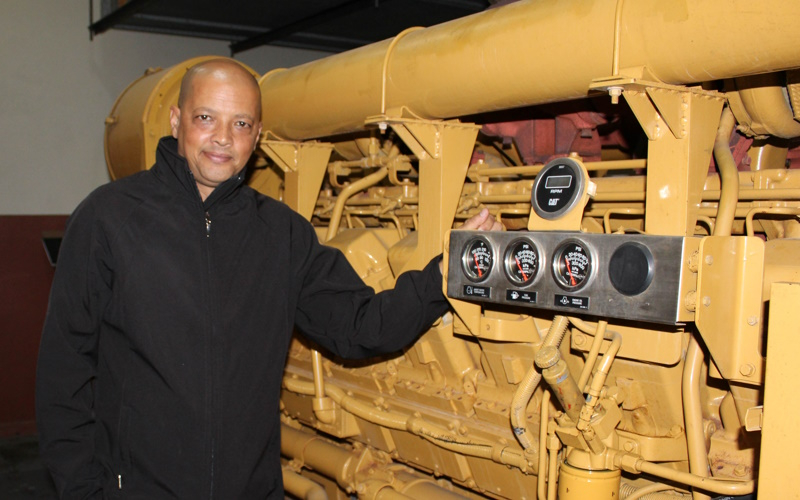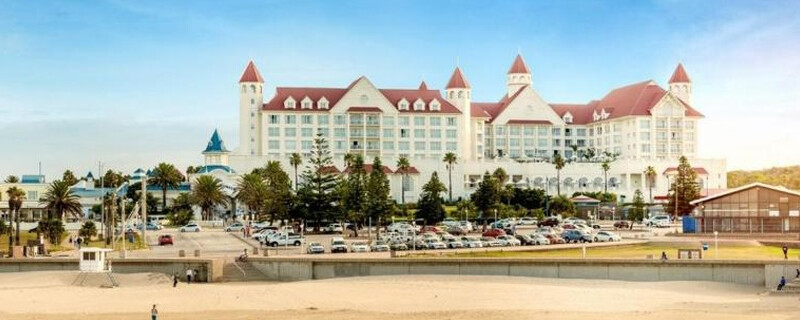As increased levels of load shedding look set to be the new normal, venues around South Africa are implementing contingency plans to keep the lights on. Boardwalk, one of Nelson Mandela Bay’s premier attractions, is no different, and has been hard at work to ensure its operations can continue uninterrupted.
Ettienne Bester, acting maintenance operations manager at Boardwalk (pictured in the cover image), shares that he and his team of 12 in the maintenance department have been seeking ways to reduce electricity consumption. “We are trying to minimise consumption of the complex’s electricity to lighten the load on our three generators which power the hotel and casino during loadshedding,” he explains.
To this end, Boardwalk is in the process of implementing a business management system to better manage the consumption of electricity. “During peak hours, from 6pm to 10pm, we will do things like switch off aircons in certain areas. We will shift the load from different time periods so that we don’t consume as much electricity at the same time and during peak periods,” explains Etienne.
“We will shift the load from different time periods so that we don’t consume as much electricity at the same time and during peak periods.”
The hotel is also changing light bulbs from 40 Watt to five watt LED lights, to further help reduce its energy use.

A robust back-up plan is key
When loadshedding occurs, the casino has a 1750 kilowatt generator which can power the entire venue, but they use an additional 500kw generator to split the load between the non-smoking and smoking floors of the casino. There is also a UPS system for both floors, which was able to power the lights and slot machines in January when one generator tripped.
Etienne adds, “When loadshedding starts, the power dips temporarily and everyone gets a fright. But within seconds, our lights are back on as our UPS runs until the generators automatically kick in.”
“Within seconds, our lights are back on as our UPS runs until the generators automatically kick in.”
Highlighting just how much loadshedding has increased, Etienne says that the property’s generators ran for 20 hours in January last year as compared to 60 hours in January this year. “February last year was two hours, while this year it was 86 hours, which means that we have to service the generators more frequently,” he adds.
The generators burn 125 litres of diesel every hour and, with this year’s increased usage, now require servicing every 250 hours – as opposed to every 500 hours, as previously required.
Ettienne adds that Boardwalk is in the process of obtaining stock of replacement parts to avoid delays when the generators are serviced and repaired; “Previously, when one generator had a problem, we had to wait three days for the part to arrive and have someone monitoring the machine around the clock.”
It’s business as usual
Tati Tsunke, Boardwalk General Manager, adds that it is business as usual for the Bay’s Playground despite loadshedding; “We strive to ensure our guests are not impacted in any way, and that their time at Boardwalk is memorable for all the right reasons.”







